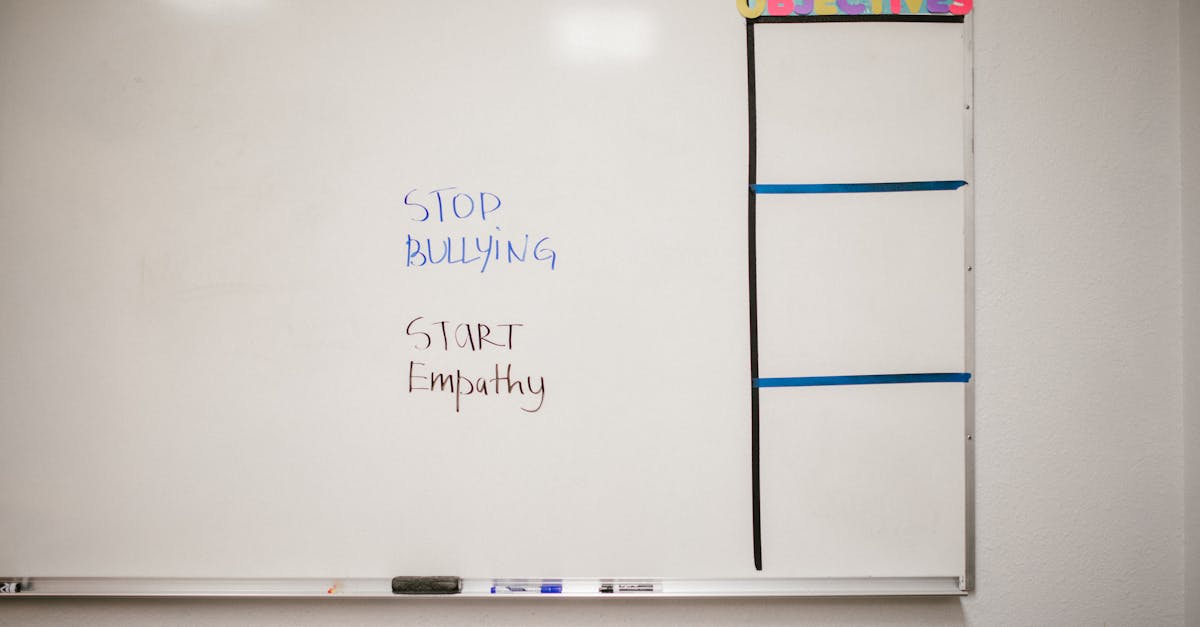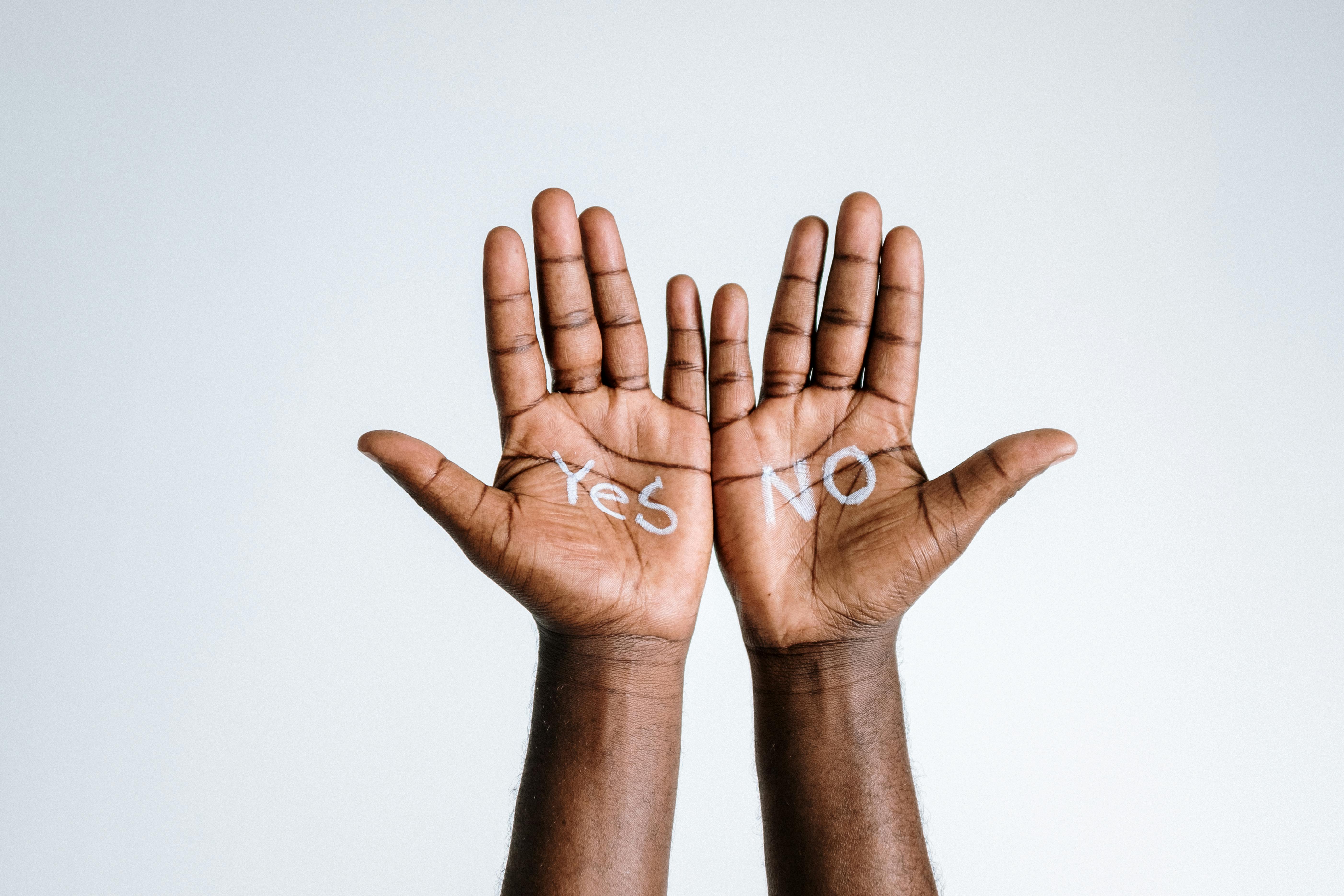Saying "No" with Confidence: Master the Art of Verbal Self-Defense
In a world that often equates saying "yes" with being agreeable and cooperative, mastering the art of saying "no" confidently can be a transformative skill. This ability is not just about rejecting requests or declining invitations; it’s about asserting control over your time, energy, and priorities. Saying "no" effectively is a form of verbal self-defense that protects your personal boundaries and mental well-being. This article explores ten key aspects of this essential skill, providing insights into why it matters and how it can be developed. By understanding and implementing these strategies, you can navigate social and professional landscapes with greater assurance and authenticity.
Understanding the Psychology Behind Saying "No"

The reluctance to say "no" is often rooted in deep-seated psychological factors such as fear of conflict, desire for approval, or a sense of obligation. Understanding these underlying motivations is crucial for developing the confidence to refuse requests without guilt. Social conditioning teaches us that saying "yes" is synonymous with being helpful and kind, while "no" is often perceived as rude or selfish. However, recognizing that these beliefs are learned can empower individuals to challenge them. By reframing the act of saying "no" as a necessary component of self-care and personal integrity, we can begin to dismantle the psychological barriers that make it difficult to assert our boundaries.
The Importance of Setting Boundaries

Setting boundaries is a fundamental aspect of saying "no" with confidence. Boundaries are the invisible lines that define what we are comfortable with and what we are not. They protect our time, energy, and emotional well-being by preventing others from overstepping or taking advantage. Establishing clear boundaries involves introspection and self-awareness, allowing individuals to identify their limits and communicate them effectively. By setting boundaries, you signal to others that you value your own needs and priorities, which can foster respect and mutual understanding in relationships. Ultimately, boundaries are not about keeping people out but about defining where you stand.
Communicating Assertively: The Key to Confidence

Assertive communication is the cornerstone of saying "no" effectively. It involves expressing your thoughts, feelings, and needs in a direct and respectful manner. Unlike passive or aggressive communication, assertiveness balances self-assuredness with consideration for others. To communicate assertively, it is essential to use "I" statements, maintain eye contact, and employ a calm and steady tone of voice. Practicing assertiveness can help you convey your refusal clearly and confidently, reducing the likelihood of misunderstanding or resentment. By mastering assertive communication, you can ensure that your "no" is heard and respected, paving the way for healthier interactions.
Strategies for Overcoming Guilt

Guilt often accompanies the act of saying "no," particularly for those who are accustomed to prioritizing others’ needs over their own. Overcoming this guilt requires a shift in perspective, recognizing that self-care is not selfish but necessary. One effective strategy is to remind yourself of the reasons behind your refusal, whether it’s to protect your time, energy, or mental health. Additionally, practicing self-compassion and acknowledging that it is impossible to please everyone can alleviate feelings of guilt. By embracing the idea that your well-being is a valid priority, you can say "no" without the burden of guilt.
The Role of Empathy in Saying "No"

While saying "no" is about asserting your own needs, it is also important to consider the feelings of the person making the request. Empathy plays a crucial role in delivering a refusal that is both firm and considerate. By acknowledging the other person's perspective and expressing understanding, you can soften the impact of your "no" and maintain a positive relationship. For instance, using phrases like "I understand that this is important to you" or "I appreciate you thinking of me" can demonstrate empathy while still upholding your boundaries. Balancing empathy with assertiveness ensures that your refusal is respectful and considerate.
Practice Makes Perfect: The Art of Saying "No"

Like any skill, saying "no" with confidence improves with practice. Start by identifying low-stakes situations where you can practice your refusal, gradually working your way up to more challenging scenarios. Role-playing with a trusted friend or family member can also be a valuable exercise, allowing you to rehearse your delivery and receive feedback. As you become more comfortable with saying "no," your confidence will grow, making it easier to assert your boundaries in any situation. Remember, the goal is not to become inflexible but to develop the ability to make choices that align with your values and priorities.
Handling Pushback and Pressure

Even when delivered with confidence, a "no" can sometimes be met with resistance or pressure to change your mind. Handling pushback requires resilience and a firm commitment to your boundaries. It is important to remain calm and composed, reiterating your refusal if necessary. Offering a brief explanation or suggesting an alternative solution can also help defuse tension. However, it is crucial to avoid getting drawn into lengthy justifications or arguments. By standing your ground and maintaining your resolve, you can effectively manage pushback and reinforce your commitment to saying "no" with confidence.
The Benefits of Saying "No"

Saying "no" with confidence can yield numerous benefits, both personally and professionally. By prioritizing your own needs and interests, you can reduce stress and prevent burnout, leading to improved mental and physical health. Professionally, the ability to say "no" can enhance productivity and focus, as it allows you to concentrate on tasks that align with your goals and responsibilities. Additionally, setting clear boundaries can strengthen relationships by fostering mutual respect and understanding. Ultimately, the benefits of saying "no" extend beyond the immediate situation, contributing to a more balanced and fulfilling life.
Embrace the Power of "No"

Mastering the art of saying "no" with confidence is a journey of self-discovery and empowerment. It requires understanding the psychological barriers that make refusal difficult, setting and communicating boundaries, and practicing assertiveness and empathy. By overcoming guilt and handling pushback, you can assert your needs and priorities without compromising your relationships. The ability to say "no" is not just a skill but a powerful form of self-care that protects your time, energy, and well-being. Embrace the power of "no" and unlock the potential for a more authentic and fulfilling life.
